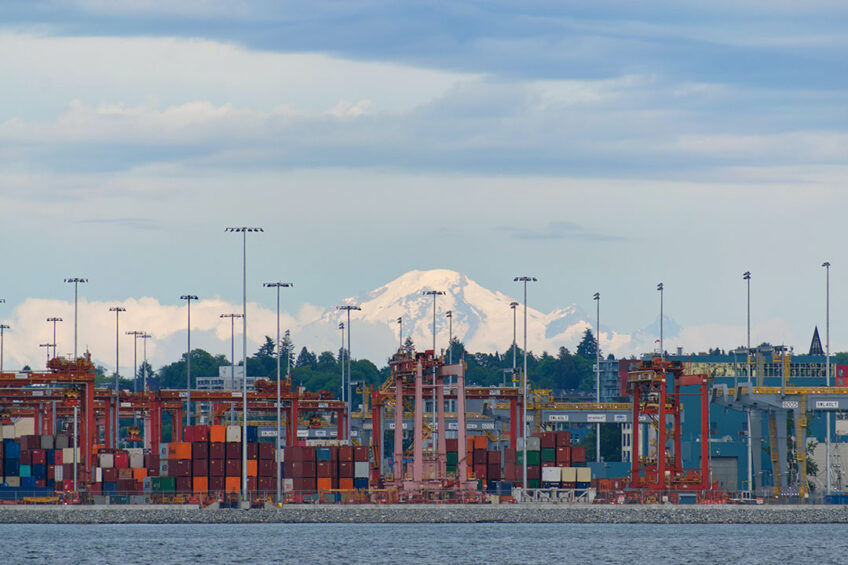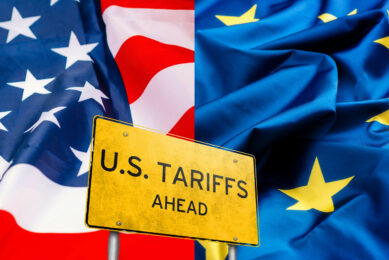Canadian pork under fire – new strike and trade woes

While Canada’s pig sector is suffering major blows relating to production and slaughter capacity, 2 other pressures have reared their heads. These are a labour strike at the Vancouver port and the UK being admitted to the Comprehensive and Progressive Agreement for Trans-Pacific Partnership (CPTPP).
Pig Progress recently reported that major Canadian integrated pork company, Olymel, will close 6 sow production units across 2 Prairie provinces, shrinking its western sow herd by almost a third. This follows the recent closure of a large Olymel pig processing plant in Quebec.
Olymel’s CEO, Yanick Gervais, explained that the company had experienced heavy financial losses because of pandemic restrictions, labour shortages, rising inflation, high feed costs and the instability of export markets, especially China. The vast majority of Canadian pork is exported.
Port strike
Access to the Asian export market has been stymied because of a recent port strike in the province of British Columbia on Canada’s west coast. The strike started on 1 July and continued for 13 days, at which point it became an on-again, off-again strike. A final deal has not been reached. Port workers were on the job as of 20 July, but on that day, the port workers union gave 72-hour notice of impending renewed strike action.
The strike has shut down or severely disrupted the functioning of over 30 port terminals, including the Port of Vancouver, Canada’s largest port.
On 7 July, the Canadian Pork Council and the Canadian Meat Council called on Canada’s Minister of Transport to give the same protection to perishable meat products at the port that grain has been receiving during the strike. Rene Roy, chair of the Canadian Pork Council, said: “We’re asking the minister to exercise his power…to ensure these products continue to move through all Canadian ports…as this issue will create millions of dollars in losses across agriculture very quickly.”
Trade misstep?
Meanwhile, the Canadian pork sector has been taken aback by the Minister of Trade’s decision to grant the UK accession to CPTPP.
The Council and 2 other groups stated that “the main area of concern for our industry is the failure to accept Canada’s meat inspection system, widely recognised as one of the finest in the world. The UK does not accept Canada’s food safety and animal health systems and measures…[and] there is a lack of reciprocal tariff measures which, under the interim measure, have allowed British beef and pork full access to the Canadian market without full reciprocity.”
They are calling on the government to ensure the Canadian/UK bilateral agreement currently being negotiated will guarantee fair access, or “failing that, we are asking Parliament to ensure producers and processors for both products are fairly compensated for the damages and losses that will result.”











